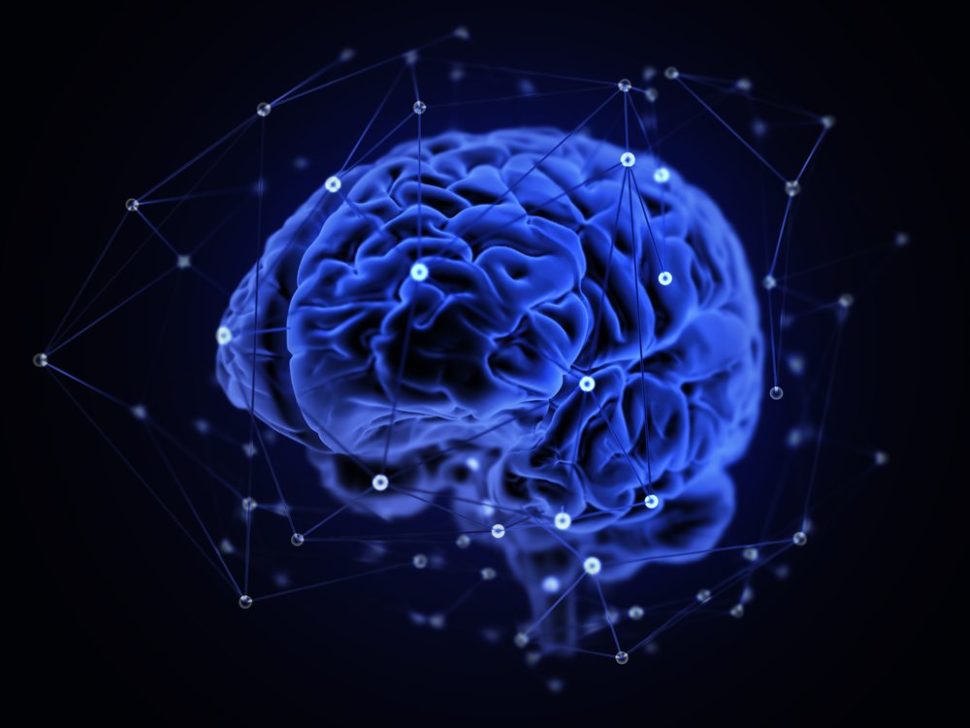Thanks to a novel and simple brain mapping technique, new research sheds light on the relationship between an individual’s brain connectivity and their intelligence.
The roots of human intelligence, and thought processes in general, have been a field of study for a long time. In modern society, an individual’s social and professional success is largely related to their cognitive abilities. This has led to scientists from different disciplines to work towards understanding intelligence more than ever.
Another benefit of understanding human intelligence would be to use these discoveries to create more advanced and efficient AI systems.
The more wired your brain the higher your IQ. #WiredClick To TweetHowever, unlike machines, the human brain doesn’t run on software as its first and sole mission isn’t to solve mathematical problems, but to ensure our survival. If our behavior often reflects our intelligence, it’s clear that our brain would focus large amounts of its energy on monitoring these actions.
Certain parts of the brain have been associated with intelligence. But how would the level of connection between these parts affect intelligence?
An international team of researchers has sought out to answer this question.
Connectome: the More Wired Your Brain the Higher Your IQ
There are over 100 billion neurons in the human brain which are wired together via synapses with each forming around a thousand connections.
The connectome is used to completely map these neural connections within the brain.
The mapping of the brain’s neural data allows scientists to interpret the signals transmitted between neurons and to understand how different brain regions communicate with each other to achieve a given task.
Now, scientists from the U.S. National Institutes of Health (NIH) and the University of Cambridge (U.K.) have demonstrated how to construct a connectome map, simply by analyzing brain MRI scans.
This new technique, described in a study published in the journal Neuron, is relatively simple and would help scientists build connectome maps more effectively.
However, it isn’t the technical aspect of what they did that matters to us now, but the link researchers claim they found between the brain connectivity and intelligence.
“We saw a clear link between the ‘hubbiness’ of higher-order brain regions – in other words, how densely connected they were to the rest of the network – and an individual’s IQ,” said Jakob Seidlitz, a member of the research team. “This makes sense if you think of the hubs as enabling the flow of information around the brain – the stronger the connections, the better the brain is at processing information.”
Can we put a Number on Intelligence?
The U.S. National Institute of Health (NIH) has already been running multiple projects aimed at mapping human and animal neural networks, such as the Human Connectome Project, and the Mouse Connectome Project.
Before now, we have only had IQ tests as a method of measuring intelligence measurement. This novel technique would help NIH scientists and other research centers boost their projects and perhaps give them more accurate readings of human intelligence.
But can IQ tests really measure intelligence?
The first intelligence assessment test was invented more than a century ago (The Binet-Simon test, 1905) by Alfred Binet, a French psychologist, who was tasked by the French Ministry of Education to find a way to spot students with learning difficulties.
Binet’s method was a questionnaire that assesses what an individual was expected to answer at a certain age. This test was then compared with the responses of other members in the same age group.
Since then, other researchers have refined Binet’s questionnaires or developed their own evaluations methods supposed to cover a wider range of skills, with the end goal of producing an intelligence score.
Just like facial recognition tech, IQ tests are still not fully reliable in many cases. That’s before even mentioning quizzes proposed on the web claiming to be the “best” or the “most accurate”, which have no scientific value to them.
For starters, IQ tests are devised by humans who tend to reflect themselves in their own creations, including both their strengths and weaknesses.
Secondly, while intelligence is already a vague concept, IQ tests are psychological tests where accuracy remains dependent on the way the data is collected and, more importantly, interpreted.
Besides, studies show that a real measurement of IQ is not possible, as there are many different forms of intelligence
IQ tests are fundamentally flawed and no matter how elaborate they are, they can’t reflect all the facets of the human cognitive and emotional intelligence.
Even Mensa, the world’s largest and oldest high IQ community, can’t tell for sure who would win in the Trump-Tillerson intelligence faceoff, and the jury is still out.



















Comments (0)
Most Recent